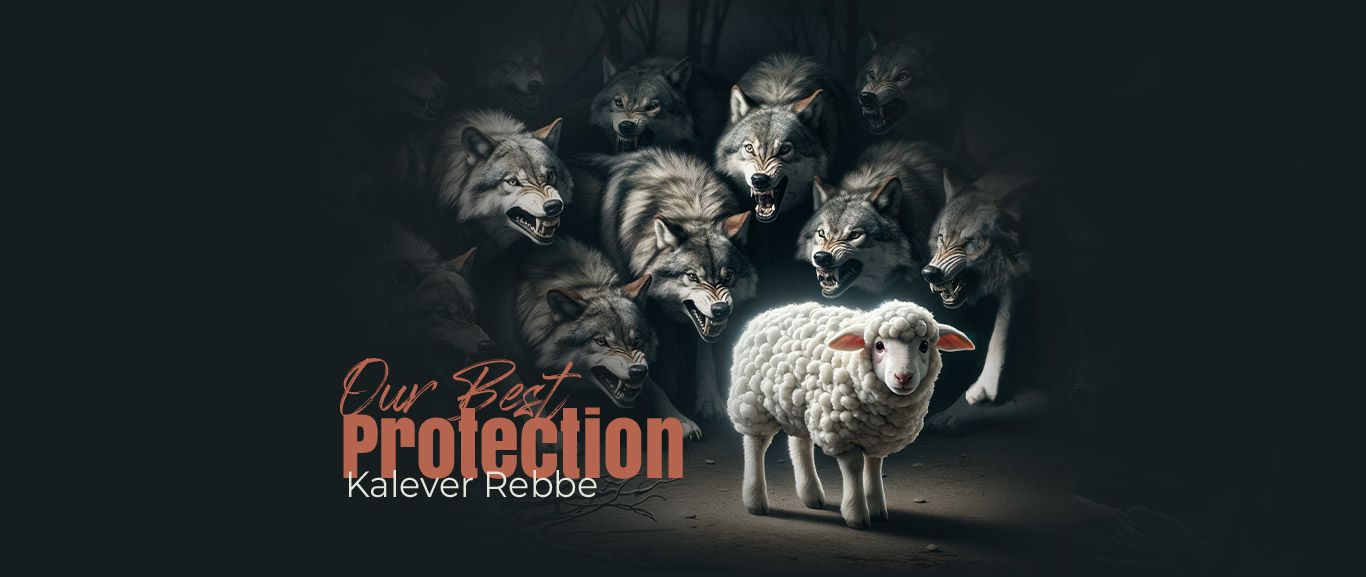
Our Best Protection
The power of Torah supernaturally protects the Jewish people even while they are like a sheep surrounded by seventy wolves.

“I will give it to you as a heritage.” (Shemot 6:8)
When my father, zt”l, was young, he became dangerously ill. Even the doctors had lost hope. Nothing in the world could help. In their professional opinions, they felt that he only had a few weeks left to live.
When Simchat Torah arrived, his father zt”l, the author of Eit Ratzyon, delivered a Torah discourse during the Hakafot. When the Rebbe finished, he said, “May these Divrei Torah serve as a merit for my son’s complete recovery!”
From the moment the Rebbe said these words, his son began to recover. And, in a short period of time, the illness abated, and the son fully recovered. Everyone saw that the power of Torah is beyond the laws of nature.
Similarly, it is related about other tzaddikim, like R’ Yehoshua from Belz, zt”l, who explained that whatever miraculous and wondrous feats they were able to accomplish were only through the power of Torah. When they would study Torah, they would ask Hashem that in the merit of their study, Hashem should empower them to deliver salvation to the Jewish people who seek it.
The Torah is Our Protection
The power of Torah supernaturally protects the Jewish people even while they are like a sheep surrounded by seventy wolves. As it says (Tehillim 122:2), “Our feet were standing within your gates, O Jerusalem”. Chazal explained (Makkos 10a) that Dovid HaMelech and the Jewish people did not fall, they were not defeated in war because there were yidden learning Torah at the gates of Jerusalem.
A delegation of generals once came to R’ Dov Bearish Weinfeld, zt”l, the Chebiner Rav. They describe their precarious and dire circumstances and were trying to convince the Rav to encourage yeshiva boys to enlist into the army.
The Rav answered, “There was once someone who traveled in a wagon pulled by horses. Halfway through his journey, the wagon became stuck in the mud. The horses could not pull the wagon from the mud. The wagon driver figured that it would help to lighten the load. So, he began unpacking some of the cargo that he was carrying.
Yet, the horses could not pull the wagon free. He thought about his predicament for some time until an idea suddenly came to him. The wheels were made of iron and were quite heavy. The man reasoned that he could take off the wheels, place them by the side of the road, and, with a lighter burden, the horses would be able to pull the wagon free.”
Then, the Rav finished by saying, “This is what you are trying to do. The boys learning in yeshiva and studying Torah are generating a tremendous amount of merit. It makes no sense to “remove the wheels” thinking that it would help. How can a wagon move without the wheels!?”
Our Land
The Seforim HaKedoshim explain, that this is precisely one of the reasons why Hashem gave the Jews Eretz Yisroel where there were non-Jewish inhabitants rather than give them an empty land.
Hashem wanted the non-Jews to always have a complaint and claim against the Jews who settled in Eretz Yisroel. This threat would force the Jews to continuously study Torah, their only protection from the non-Jews who would want to uproot them from their land. As it says in Tehillim (105:44-45), “He gave them lands of nations, and they inherited the toil of kingdoms. In order that they keep His statutes and observe His laws”.
The Power of Children
This power of the Torah is more prominent when children study Torah. As it says in Tehillim (8:3), “Out of the mouth of babes and sucklings You have established strength because of Your adversaries, in order to put an end to enemy and avenger”.
For this reason, after the Jews were subject to a decree that would lead to their annihilation, Mordechai gathered 22,000 children and studied Torah with them, as it says in the Midrash (Esther Rabba 8:7). It was in this merit that Haman suddenly came to Mordechai bringing a horse and royal garments. All of the pain and evil was transformed into good.
The Yerushalmi (Chagigah 1:7) relates that three Amaraim traveled to all the settlements in Eretz Yisroel to let them know that one could not settle the land without the children learning Torah. They were in one town that did not have a school for the children. They asked to meet with the city’s guards. When they were gathered, they explained that the children studying Torah were the true guardians of the city. The merit of their Torah study protects the town.
The Midrash relates (Bereishit Rabba 65:20) that all of the nations gathered around the philosopher Avnimos HaGardi. They asked this “great” philosopher if they would be able to harm and conquer the Jews in Eretz Yisroel. He answered, “Go and spy on their places of study and worship. If you hear the sound of children learning, you will not be able to harm them.”
Chazal also explained (Shabbat 119b) that Yerushalayim was only destroyed because the children ceased to study Torah.
Legacy and Inheritance
Now we can understand our pasuk: Hashem promised the yidden – ונתתי אותה לכם מורשה that Eretz Yisroel will be a part of their heritage; it will be an inheritance.
The Baal HaTurim explained that there is only one other place where the word מורשה- heritage – is used. The pasuk says (Devarim 33:4):
תורה צוה לנו משה מורשה קהלת יעקב
The Torah that Moshe commanded us is a legacy for the congregation of Yaakov.
These two ideas are connected to one another. The “legacy” and “inheritance” of Eretz Yisroel can only happen when the children are provided a legacy of studying Torah. For their study serves as a safeguard and protection. It is the ultimate security for the settlement of Eretz Yisroel, because the security of Jews always depends on the merit of the children studying Torah.
***
The Kalever Rebbe is the seventh Rebbe of the Kaalov Chasidic dynasty, begun by his ancestor who was born to his previously childless parents after receiving a blessing from the Baal Shem Tov zy”a, and later learned under the Maggid of Mezeritch zt”l. The Rebbe has been involved in outreach for more than 30 years and writes weekly emails on understanding current issues through the Torah. Sign up at www.kaalov.org.


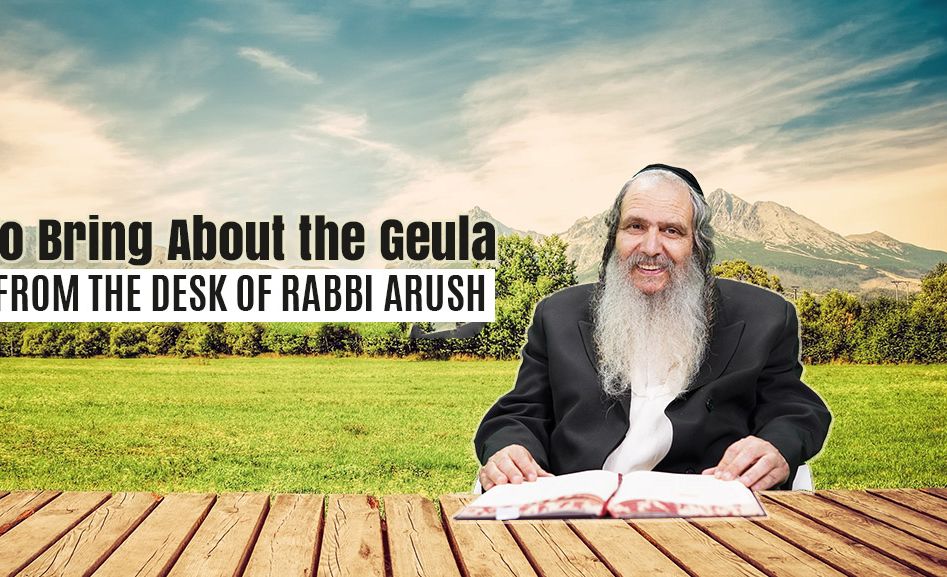
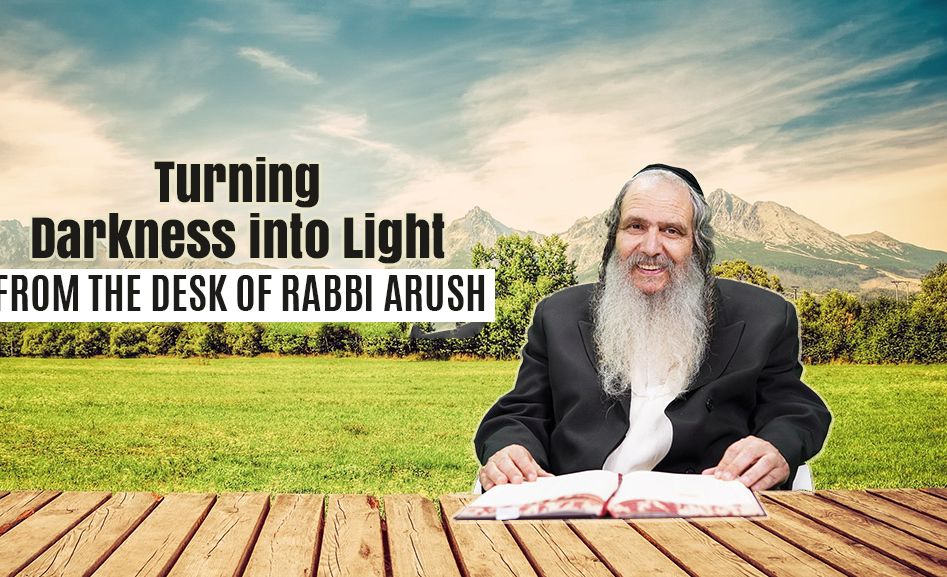
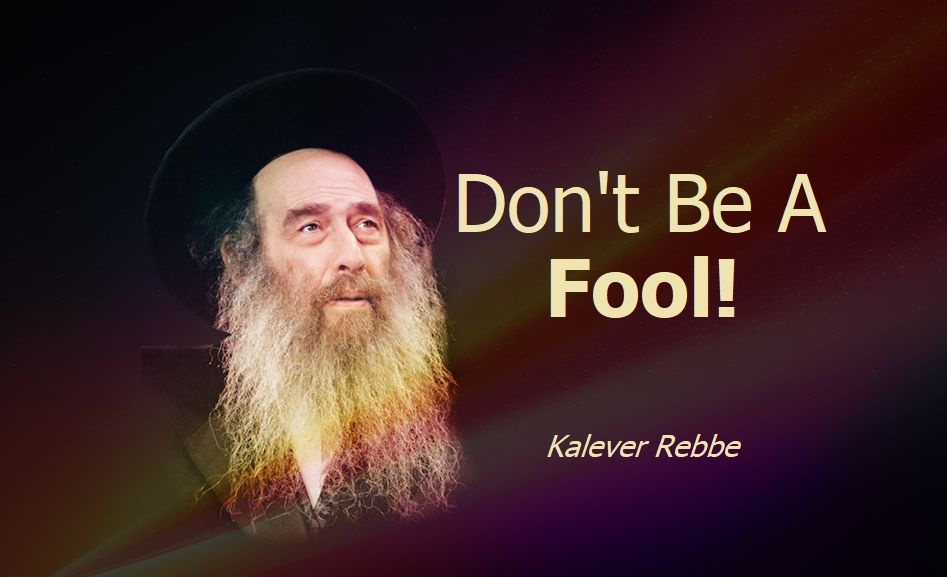
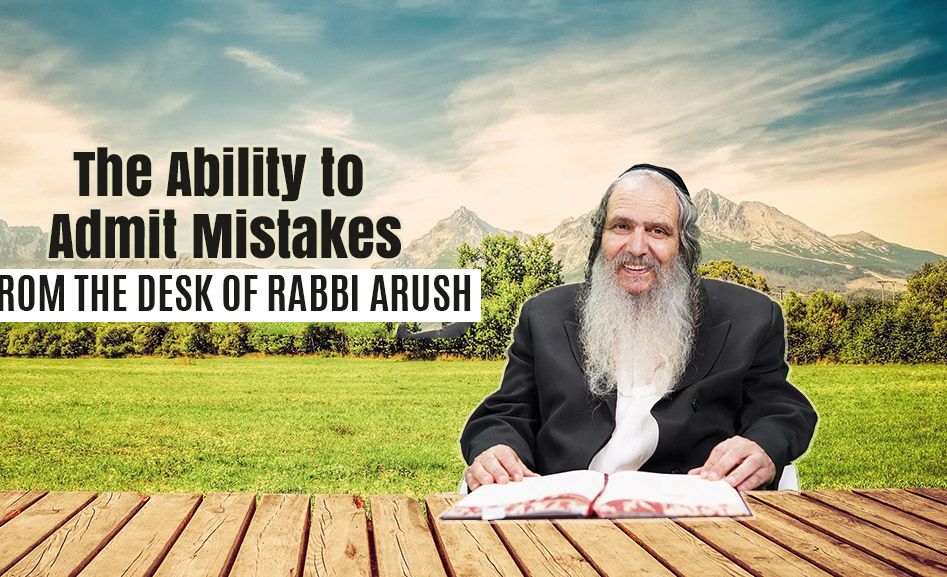
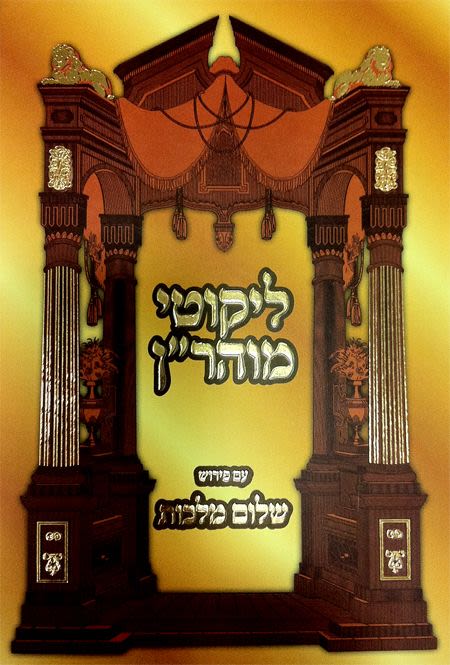
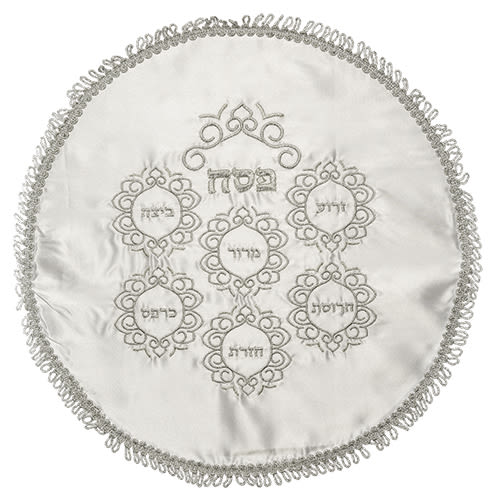
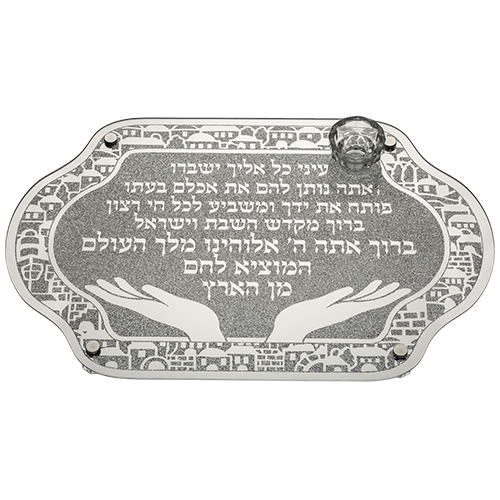
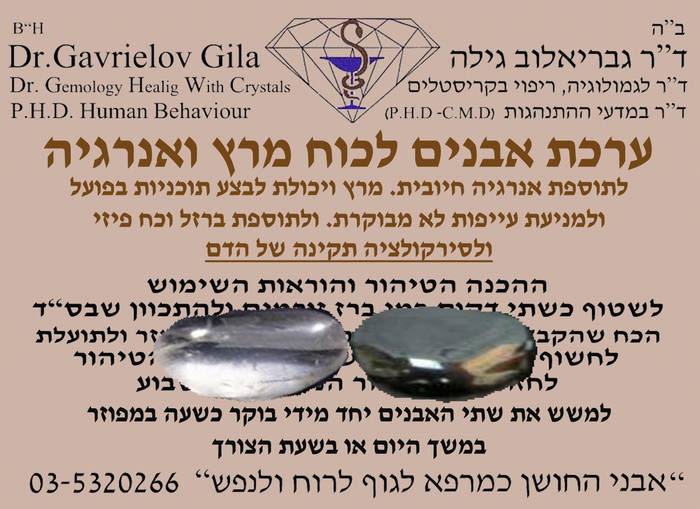

Tell us what you think!
Thank you for your comment!
It will be published after approval by the Editor.